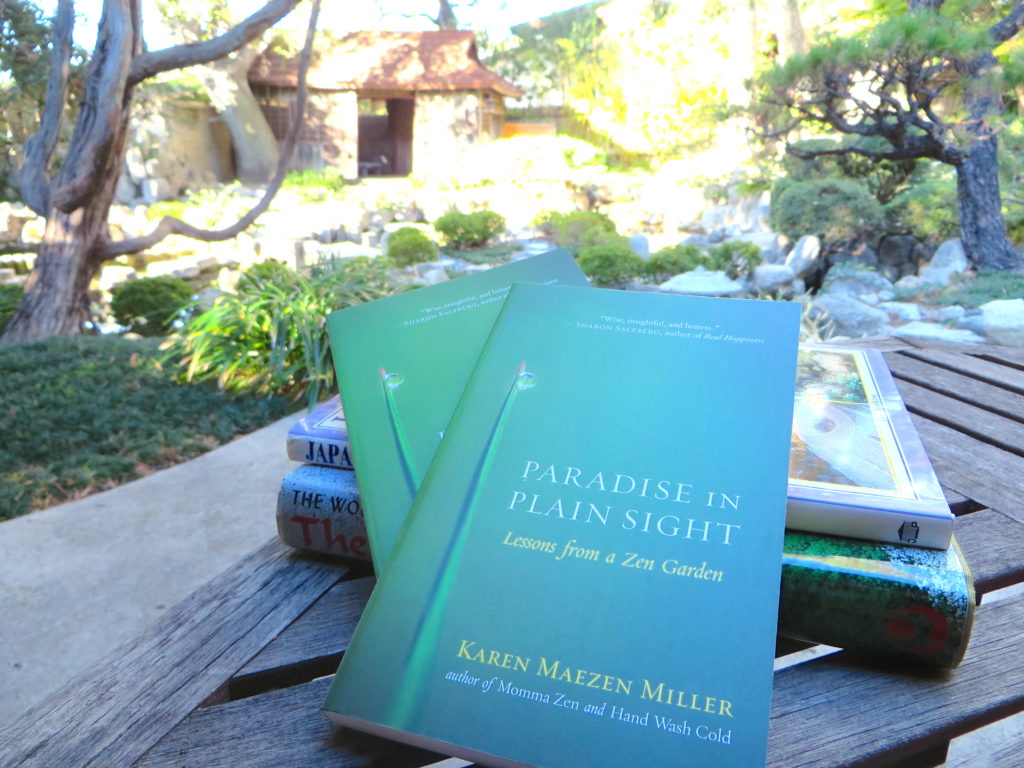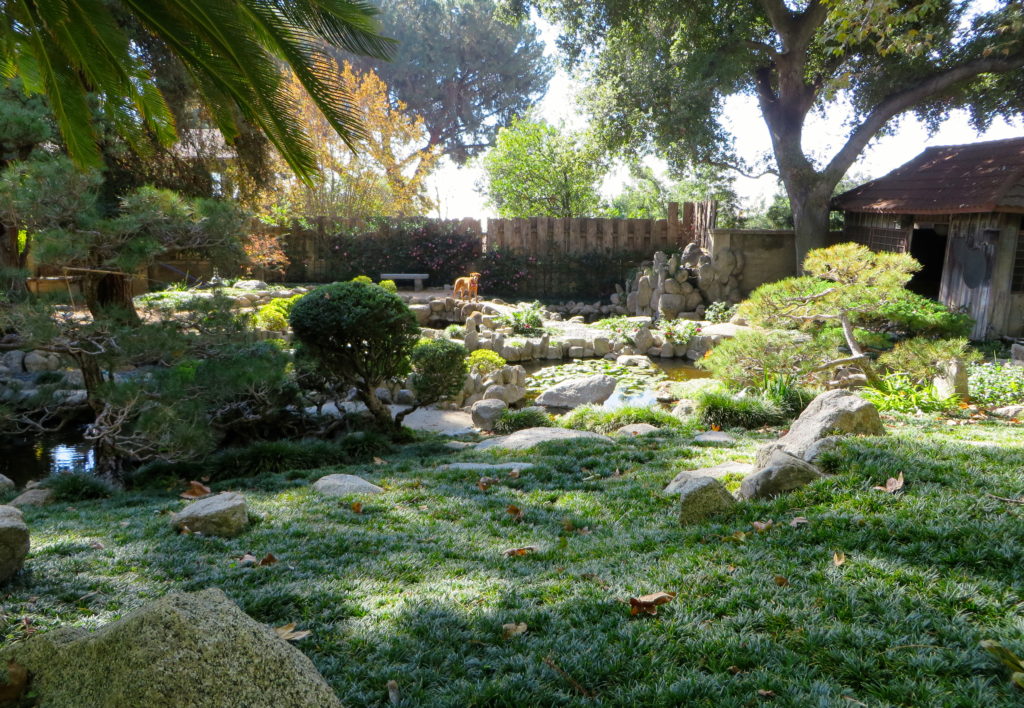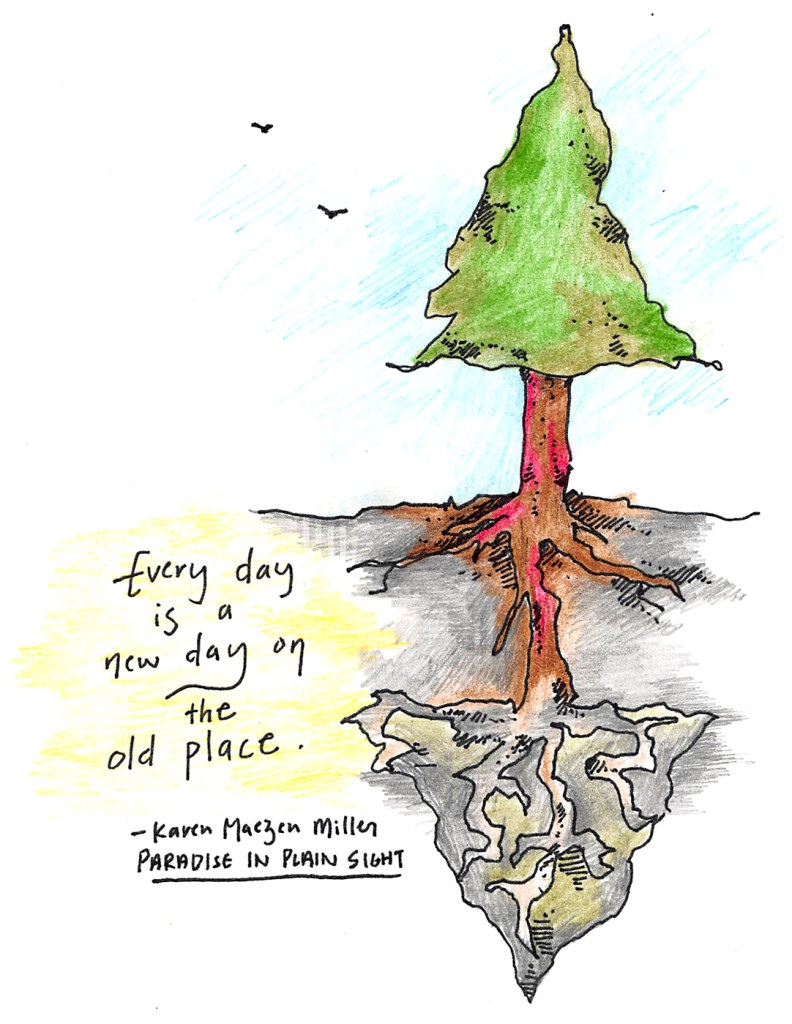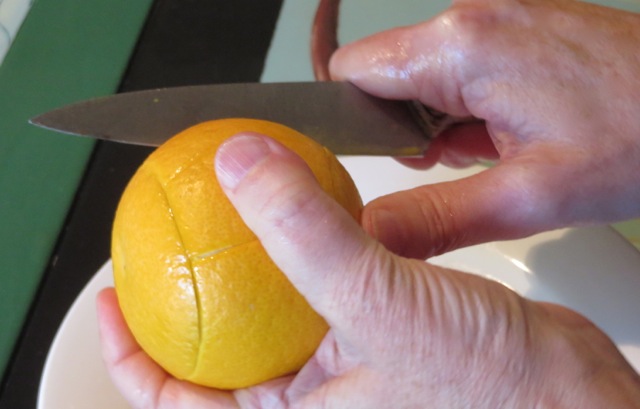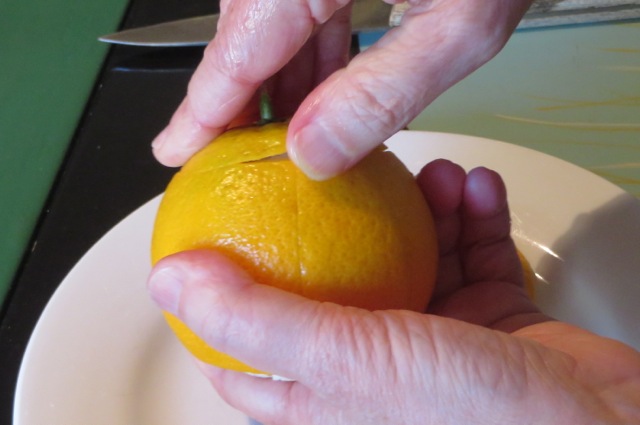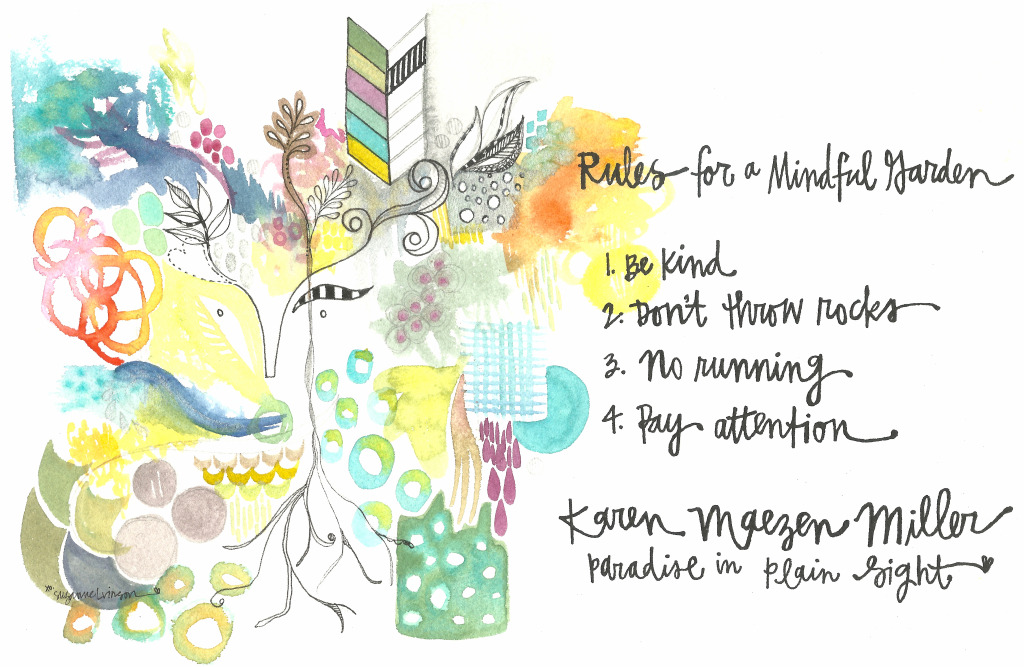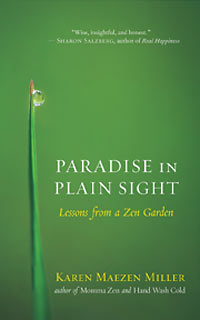 Buddhists don’t try to cause trouble, but one thing that troubles people about Buddhism is the concept of non-attachment. That’s because we think attachment means love, and we think love means I can’t live without you. We are always hung up on our own self-serving notions—what I need, what I want, what I like, what I think, what is best, what is right—and that’s the cause of suffering. We attach to those ideas as though they were life itself. The truth is never the phony thing we attach to in our heads. The truth is as it is.
Buddhists don’t try to cause trouble, but one thing that troubles people about Buddhism is the concept of non-attachment. That’s because we think attachment means love, and we think love means I can’t live without you. We are always hung up on our own self-serving notions—what I need, what I want, what I like, what I think, what is best, what is right—and that’s the cause of suffering. We attach to those ideas as though they were life itself. The truth is never the phony thing we attach to in our heads. The truth is as it is.
Buddha taught what he called the Four Noble Truths. He taught truth as it is, complete and universal. He called it noble because there’s nothing more true than what is. You don’t have to believe this is true because you experience it every time things don’t go your way.
1. Life is suffering. Things change.
2. The origin of suffering is attachment. It hurts when things change.
3. The cessation of suffering is attainable. Accept that things change.
4. There is a way out of suffering. By changing yourself.
When we try to imagine what it means to overcome our attachments, we picture cruel and unfeeling indifference. But that is never the outcome of overcoming attachments. That is never the outcome of accepting what happens. That is never the outcome of allowing people and things to be as they are. The outcome of non-attachment is love.
I don’t have to preach this. You know it yourself by waking up to life as it is. Your children grow up and grow distant. They might upset, alarm and even despise you, but your eyes still flicker at the sight of them. Your parents grow old, enfeebled and afraid, dependent and encumbering, but you care for them. Sickness comes, disaster strikes, and seasons change. Everything falls apart no matter how hard you’ve tried: all that forethought, planning and prevention! This life of ours is strewn with faded blooms. You didn’t sign up for the hard part, but this is the way it is. How will you love what you don’t even like? There’s only one way: selflessly.
When you act with compassion, all your doing is undoing—undoing ignorance, suffering, fear, anger, exploitation, alienation, injury, blame, you name it—simply by undoing the stingy hold you keep on yourself. Thinking poor me impoverishes your entire world.
When she was about six years old, someone asked my daughter what it was like to have a mom who was a Zen priest.
“She screams a lot,” she said. It wasn’t the answer they were expecting. There were polite chuckles all around.
I can comfort myself with the fact that children only remember when their parents scream, not when their parents don’t scream. Silence, after all, is a non-event. No matter what I was hollering about, I wish I’d had the presence of mind to let it go. I wish I’d dropped my rage, fear, frustration, resentment, or despair: whatever illusory part of me I was cherishing at the time. I wish love could be my legacy instead, the way a camellia launches its blossoms into the oblivion of time without causing a quiver of pain. No one ever notices when a flower has fulfilled its purpose in life, just as no one ever regrets a moment lost to love.
***
Excerpted from Paradise in Plain Sight ©2014 by Karen Maezen Miller. Printed with permission of New World Library, Novato, CA. www.newworldlibrary.com
Get Maezen’s writing delivered to your inbox.
Subscribe to my newsletter • Come to a retreat • Friend me • Follow me.






